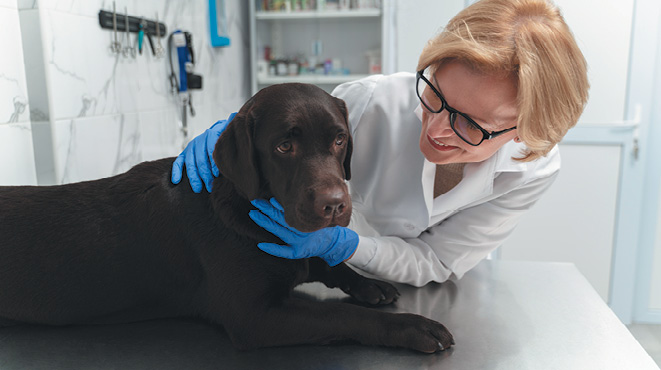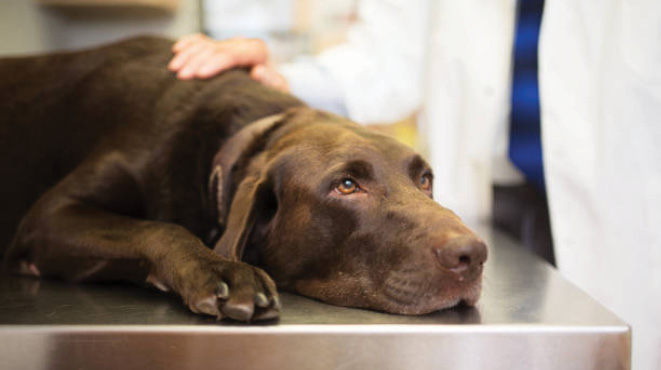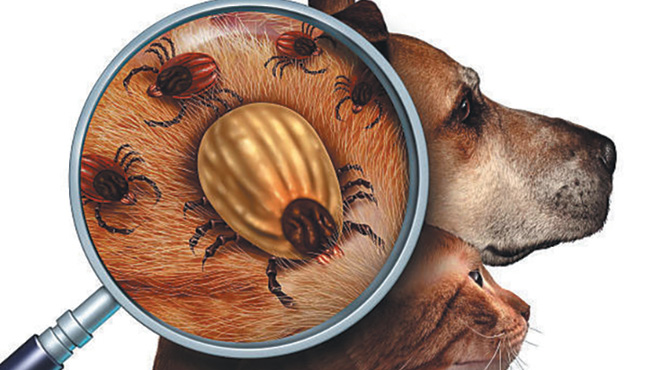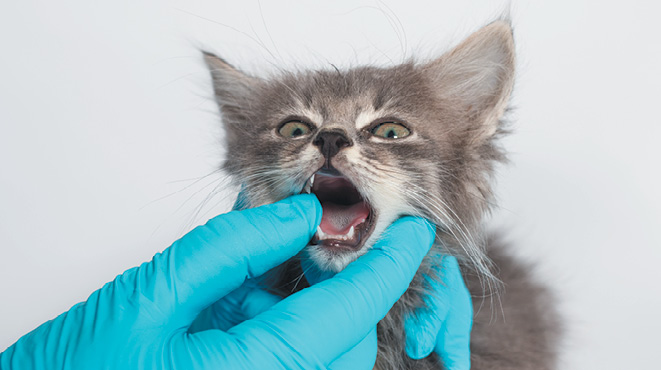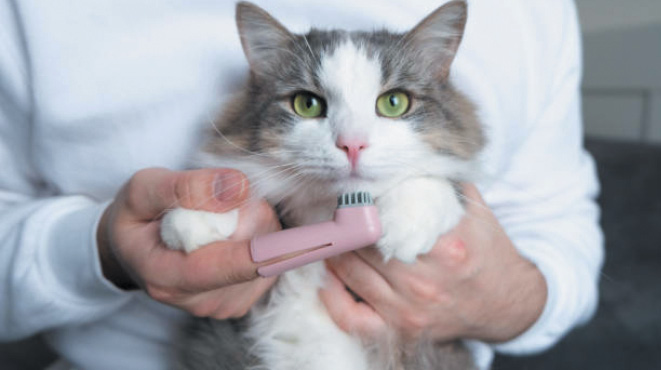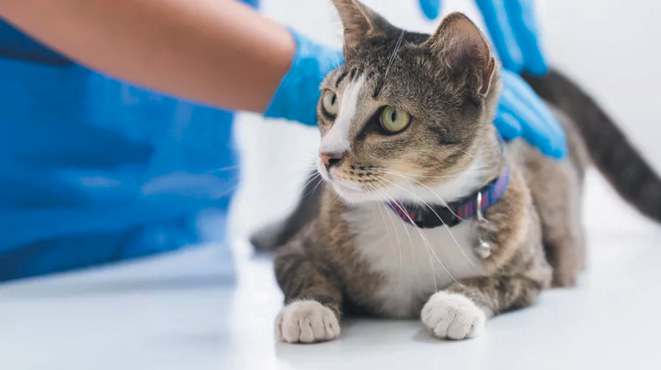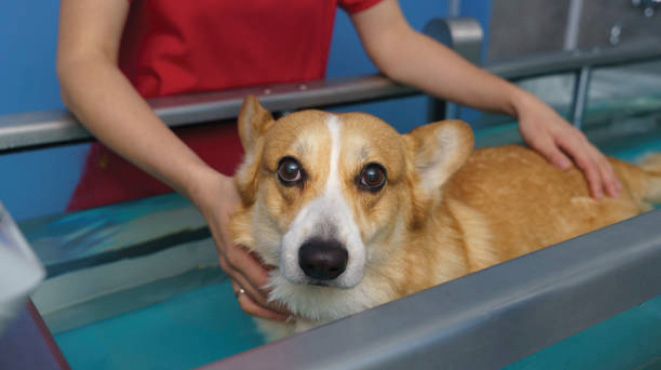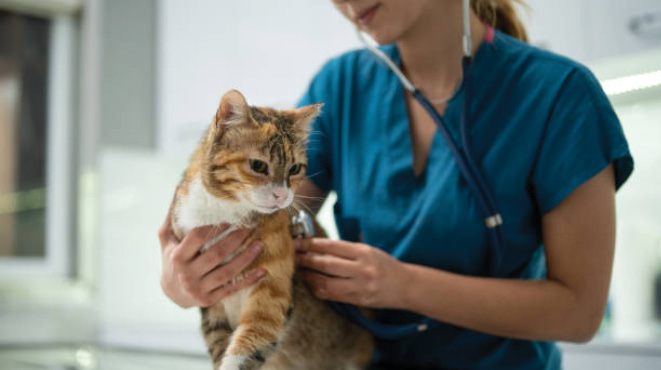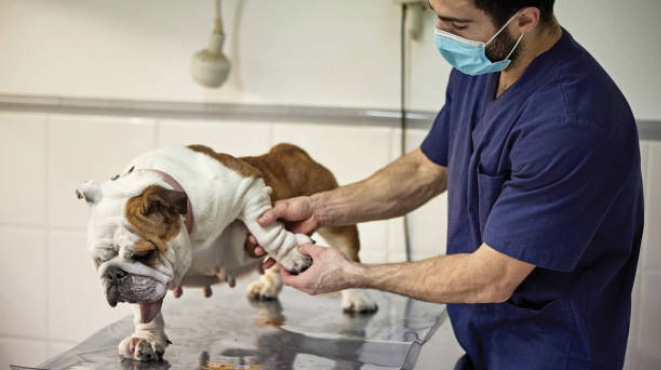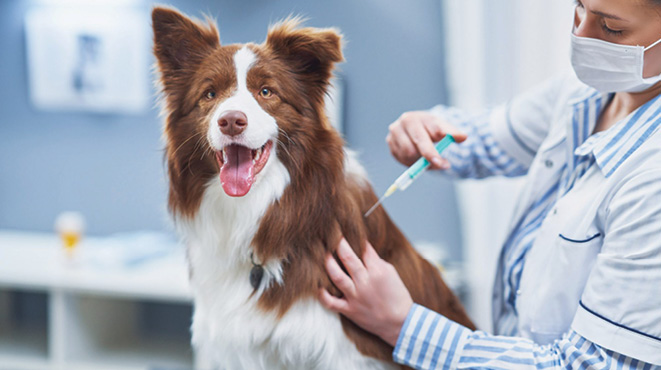BY DR NICKY THOMAS, WYNNUM MANLY VETERINARY HOSPITAL
 New Year’s resolutions for a lot of people often involve improving their health. It’s a good time to make sure that our pets are also in the best condition they can be. Obesity in pets is becoming increasingly common and can lead to a number of health issues including heart disease and diabetes. If you suspect that your furry friend is a becoming a little bit too cuddly, here are some things you can do to help get them back into shape.
New Year’s resolutions for a lot of people often involve improving their health. It’s a good time to make sure that our pets are also in the best condition they can be. Obesity in pets is becoming increasingly common and can lead to a number of health issues including heart disease and diabetes. If you suspect that your furry friend is a becoming a little bit too cuddly, here are some things you can do to help get them back into shape.
- Feed your pet a good quality, balanced diet in the appropriate amount for their age and activity levels.
- Make sure that everyone involved in feeding your pet is on the same page – use a measuring cup to ensure that food is accurately rationed!
- Avoid giving excessive treats throughout the day. Or, if treats are being fed, reduce the amount of food at meal times.
- Feed multiple, smaller meals throughout the day – this gives your pet more time to burn off the calories.
- Use non-food rewards when training. Some pets will be happy with tummy rubs, verbal praise or a toy in place of calorie dense training treats. For animals who are very food motivated you can use some of their daily meal as treats – a few pieces of kibble can work well.
- Help your pet move more. For dogs this may be increasing the length and frequency of walks, playing games of fetch or taking them swimming. Cats can be encouraged to play using toys such as fishing line toys or a ball with a bell inside.
- Offer healthy treats such as carrots, apples or blueberries. During summer months a small piece of meat frozen inside an ice cube doubles as both a treat and an easy way to stay cool!
- Plan monthly weigh-ins and don’t be discouraged if the numbers don’t change rapidly – any changes you are implementing are improving your pet’s quality of life.
- A full health check with your vet is a good place to start any lifestyle modification. Animals who are consistently not losing weight despite an appropriate diet and exercise may have underlying health issues which can be detected with blood tests.



